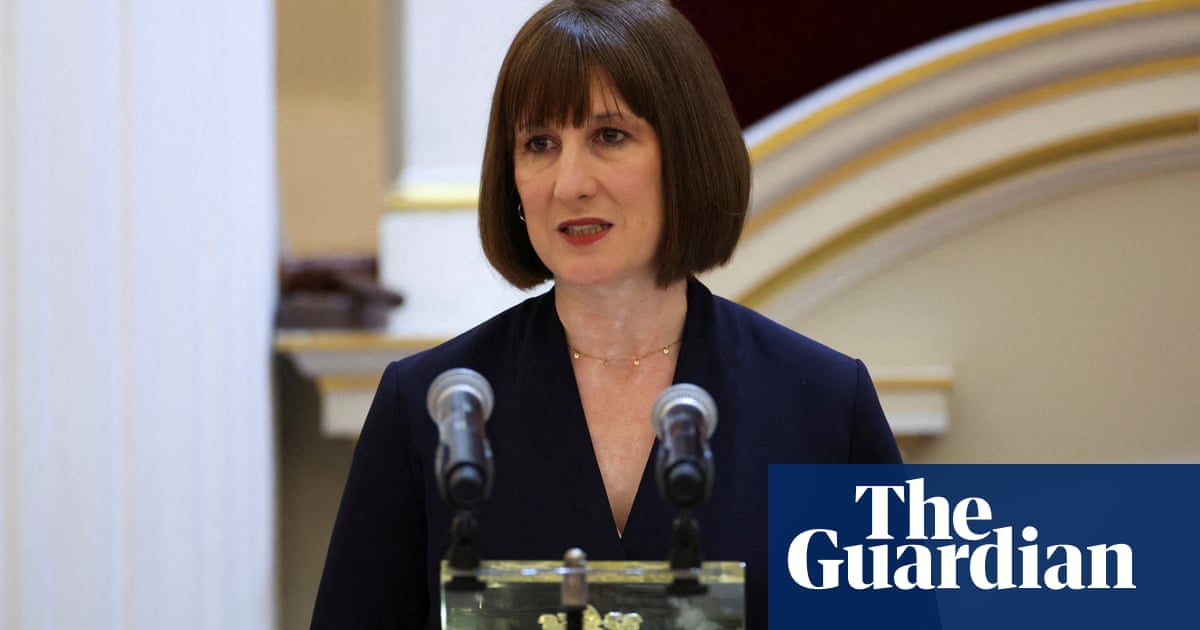Social media users in Vietnam on platforms including Facebook and TikTok will need to verify their identities as part of strict new internet regulations that critics say further undermine freedom of expression in the communist country.
The law, which comes into force on Christmas Day, will compel tech companies operating in Vietnam to store user data, provide it to authorities on request, and remove content the government regards as “illegal” within 24 hours.
Decree 147, as it is known, builds on a 2018 cybersecurity law that was sharply criticised by the US, EU and internet freedom advocates who said it mimics China’s repressive internet censorship.
Vietnam’s hardline administration generally moves swiftly to stamp out dissent and arrest critics, especially those who find an audience on social media.
In October, blogger Duong Van Thai – who had almost 120,000 followers on YouTube, where he regularly recorded livestreams critical of the government – was jailed for 12 years on charges of publishing anti-state information.
Months earlier, leading independent journalist Huy Duc, the author of one of the most popular blogs in Vietnam – which took aim at the government on issues including media control and corruption – was arrested.
His posts “violated interests of the state”, authorities said.
Critics say that decree 147 will also expose dissidents who post anonymously to the risk of arrest.
“Many people work quietly but effectively in advancing the universal values of human rights,” Ho Chi Minh City-based blogger and rights activist Nguyen Hoang Vi told AFP.
She warned that the new decree “may encourage self-censorship, where people avoid expressing dissenting views to protect their safety – ultimately harming the overall development of democratic values” in the country.
Le Quang Tu Do, of the ministry of information and communications (MIC), told state media that decree 147 would “regulate behaviour in order to maintain social order, national security, and national sovereignty in cyberspace”.
Aside from the ramifications for social media companies, the new laws also include curbs on gaming for under-18s, designed to prevent addiction.
Game publishers are expected to enforce a time limit of an hour a game session and not more than 180 minutes a day for all games.
Nguyen Minh Hieu, a 17-year-old high school student in Hanoi who admits he’s addicted to gaming, told AFP that the new restrictions would be “really tough” to follow – and to enforce.
Games are “designed to be addictive” he said. “We often spend hours and hours playing match after match.”
Just over half of Vietnam’s 100 million population regularly plays such games, says data research firm Newzoo.
A large proportion of the population is also on social media, with the MIC estimating the country has about 65 million Facebook users, 60 million on YouTube and 20 million on TikTok.
Under the new laws, these tech titans – along with all “foreign organisations, enterprises and individuals” – must verify users’ accounts via their phone numbers or Vietnamese identification numbers, and store that information alongside their full name and date of birth.
They are required to provide it on demand to the MIC or the powerful ministry of public security.
The decree also says that only verified accounts can livestream, affecting the exploding number of people earning a living through social commerce on sites such as TikTok.
Facebook parent company Meta, YouTube owner Google and TikTok did not respond to requests for comment from AFP.
Human Rights Watch is calling on the government to repeal the “draconian” new decree.
“Vietnam’s new Decree 147 and its other cybersecurity laws neither protect the public from any genuine security concerns nor respect fundamental human rights,” said Patricia Gossman, HRW’s associate Asia director.
“Because the Vietnamese police treat any criticism of the Communist party of Vietnam as a national security matter, this decree will provide them with yet another tool to suppress dissent.”

.png) 2 weeks ago
9
2 weeks ago
9













































